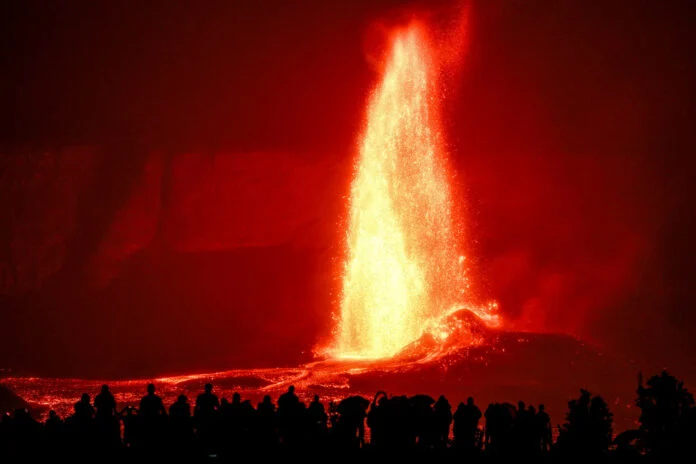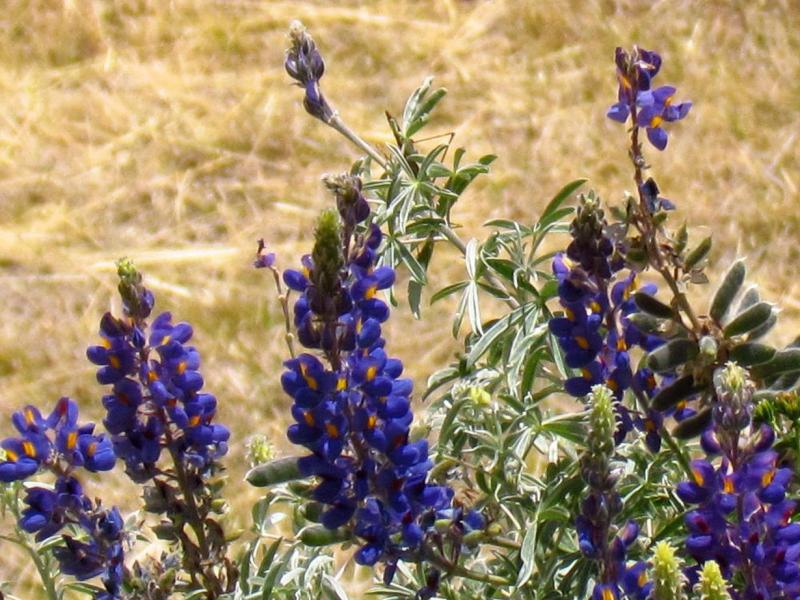Archaeologists working in the Çaldıran district of eastern Turkey’s Van province have unearthed an ancient palace that may have belonged to Genghis Khan’s grandson Haluga Khan. The excavation of the site is ongoing.
The excavation team of Ersel Çağlıtütuncigi, a professor of the Izmir Katip Çelebi University Turkish-Islamic Archeology Department, have found fragments of pottery, porcelain and tricolour-glazed ceramics, as well as bricks and glazed roof tiles. Some doubts remain as to whether the site is the lost Khan residence, however.
Mongolian Academy of Sciences archaeologist Munkhtulga Rinchinkhorol, who is working on the dig, told Live Science that “‘s’-like symbols on the roof-ending tiles,” also known as “svastika pattern or tamga,” are “one of the power symbols of the Mongol Khans.”
Historical records from the 1260s also appear to detail the construction of Huluga’s summer palace. While the documents clarify that the residence was built in Çaldıran, they don’t specify an exact location in the district. Hulagu Khan, who lived from circa 1217 to 1265 CE, was a Mongol ruler known for his successful military expeditions throughout the Middle East. After the Mongol Empire began to fragment in 1259, Huluga led a smaller Mongol Empire, known as the Ilkhanate State, in its dominion over Afghanistan, Armenia, Azerbaijan, Dagestan, Georgia, Iran, Iraq, Pakistan, Syria, Tajikistan, Turkmenistan, and Turkey.
The unearthed artefacts and historical records have led researchers working under Turkey’s General Directorate of Cultural Heritage and Museums of the Ministry of Culture and Tourism to propose that the site could be the first-known architectural remains dating back to the Ilkhanate period. “No Ilkhanid work has been encountered until now, Çağlıtütuncigil told the Daily Sabah in June. “In this sense, this study was a first.”
To determine whether the structure can be tied to Khan, an additional excavation is required. A full report on the research is said to be forthcoming.







